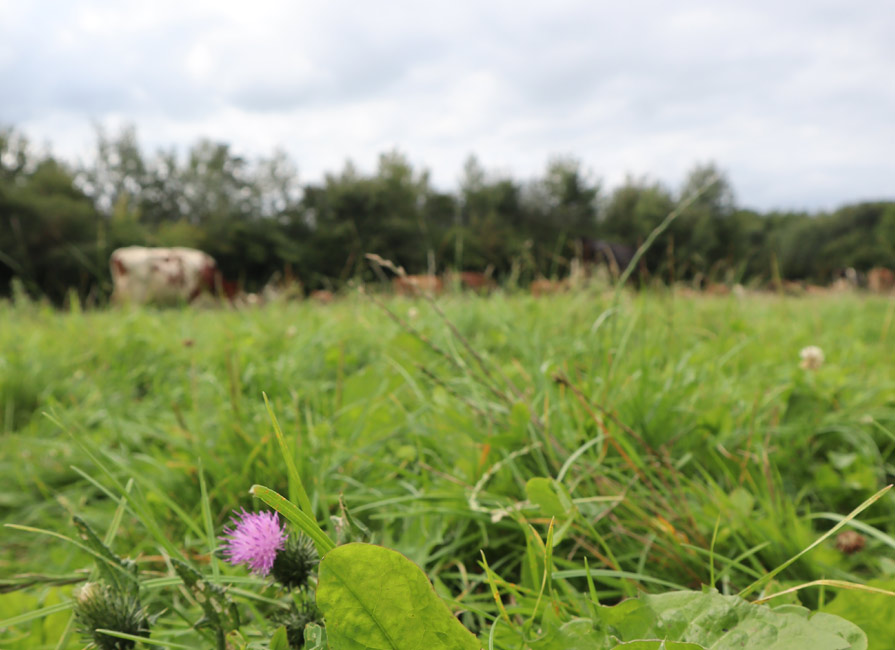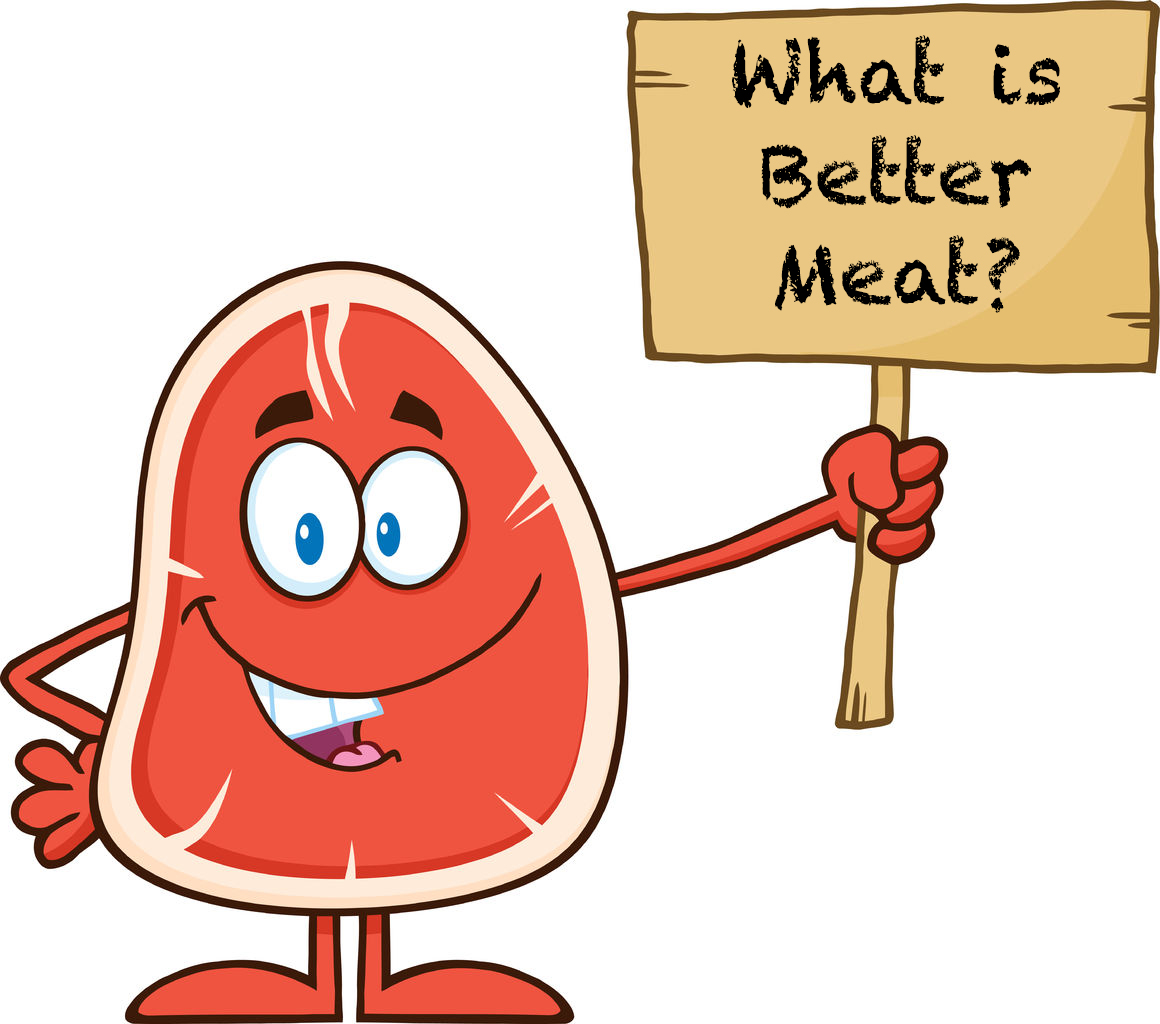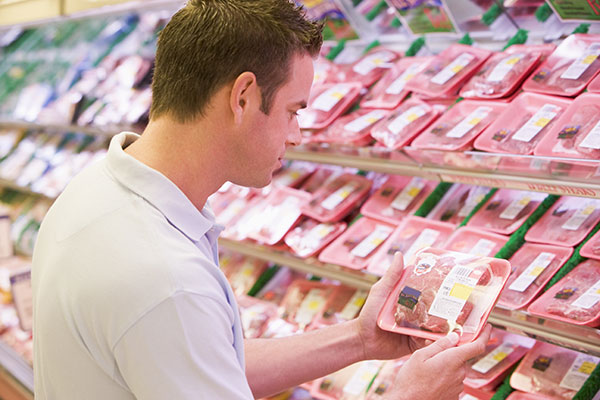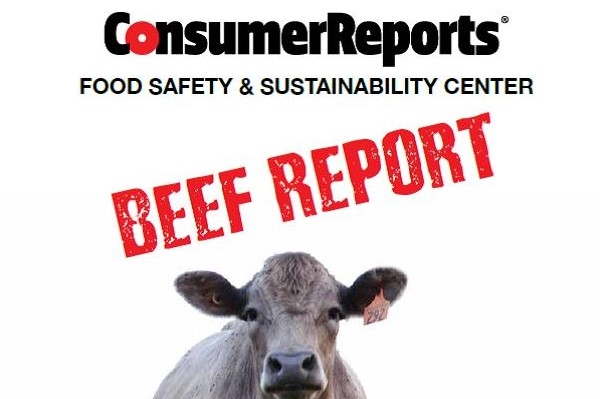Certified Regenerative by AGW Pilot Farms Selected
Following the recent launch of our newest label, Certified Regenerative by A Greener World (AGW), we are thrilled to select over 50 farms to join the program’s pilot phase. Building on our successful family of leading labels, the new certification…





